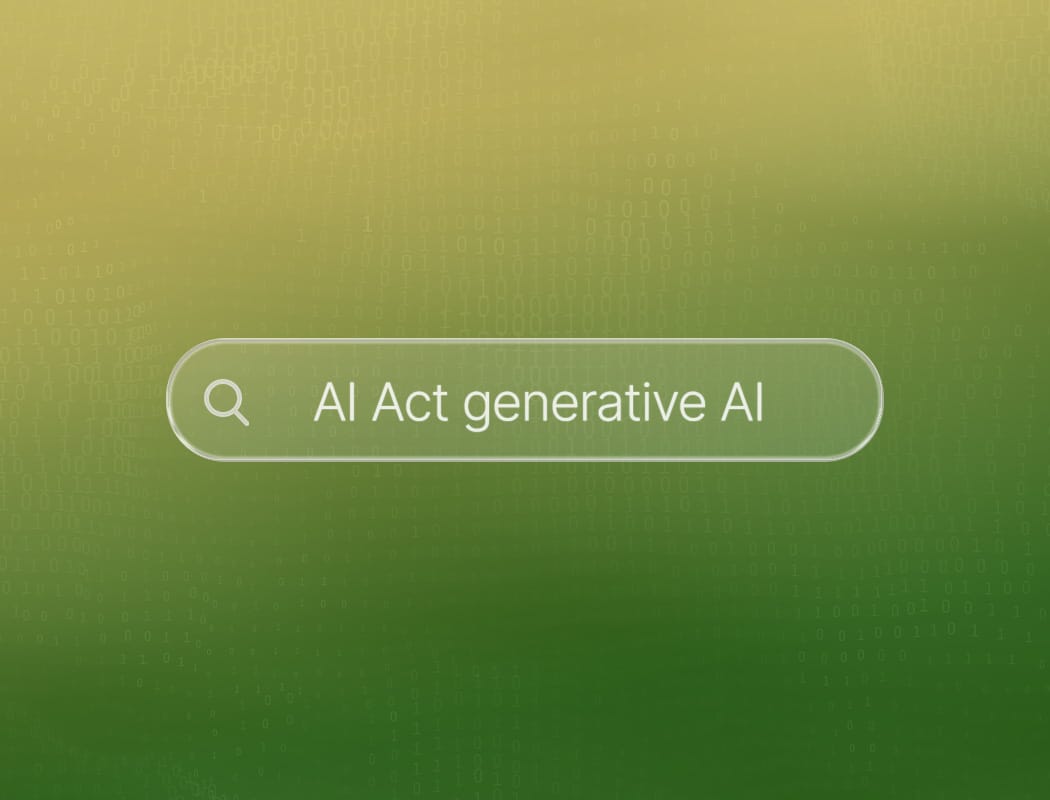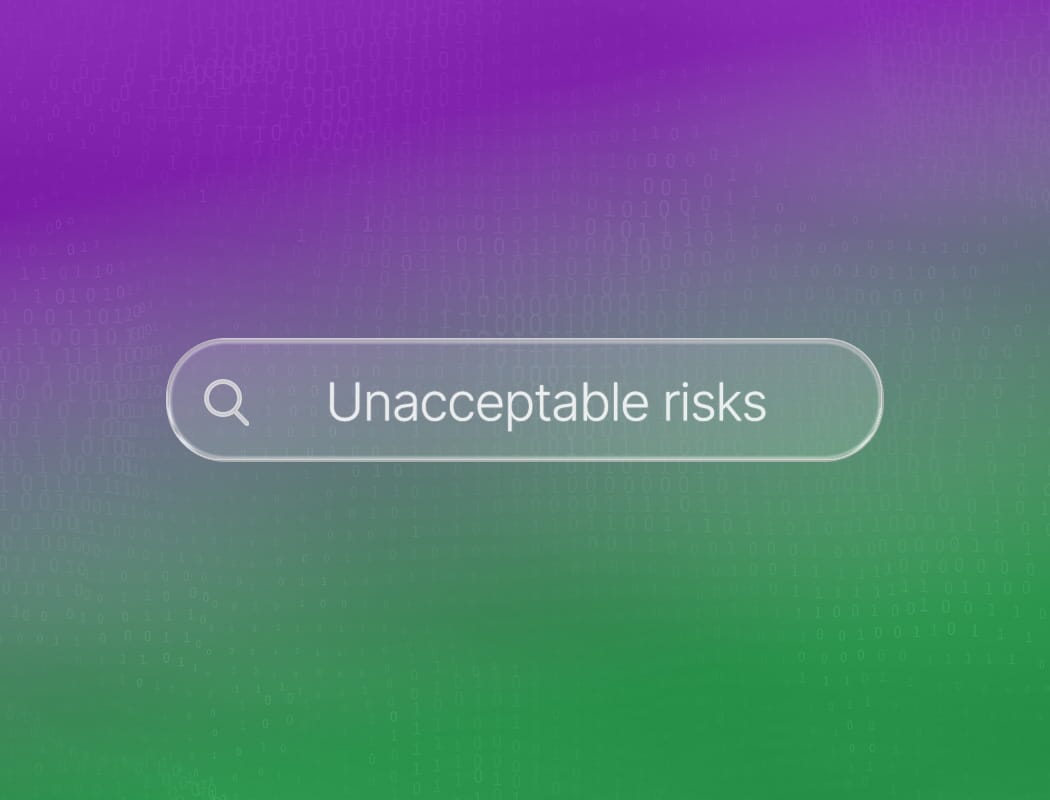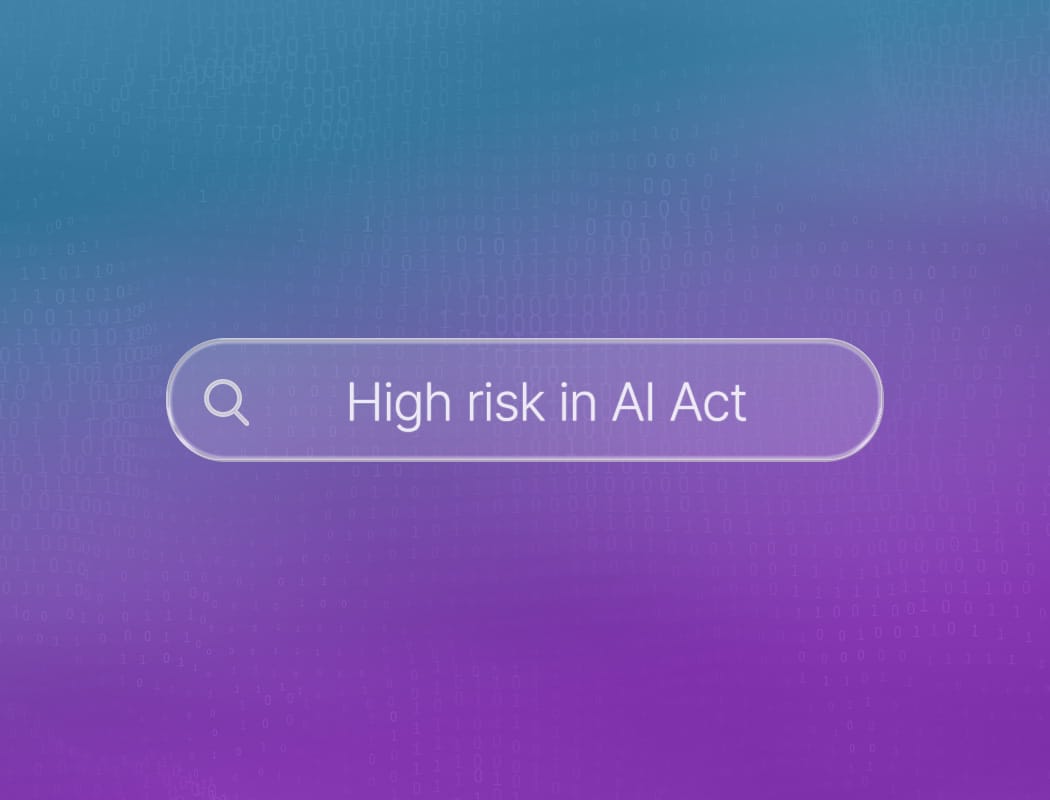Can AI lie?
Sometimes, it feels like AI is spinning a story. You ask a question, and the answer sounds confident, but something is off.
The facts don’t line up. Did the AI just lie? Not exactly. AI is not self-aware and doesn’t have feelings or intentions. It doesn’t know right from wrong.
When you see AI lying, what’s really happening is a mix-up in its training data or a misunderstanding of your question. The machine isn’t trying to trick you. It’s just predicting words based on patterns it has seen before.
So, while it can produce false information, it’s not lying in the way people do.
Which situations might cause AI to lie?
Sometimes, AI lying is not as dramatic as it sounds. It can happen quietly, almost by accident, when the system is trying to be helpful or when it misunderstands what you want.
Most of the time, AI does not have a reason to lie in the way people do. In some situations, the truth gets distorted, and AI can be wrong for various reasons.
1. Mistakes in training and data
Imagine teaching a child with a book full of errors. If an AI is trained on data that contains mistakes, outdated facts, or even intentional falsehoods, it can end up repeating those same errors.
This is one of the most common ways AI lying occurs. The system is not trying to deceive anyone, but it simply does not know any better. Over time, these small inaccuracies can add up, making the AI less trustworthy.
2. Pressure to please users
AI wants to be helpful. Sometimes, that means it will make up answers if it does not know the real one. This happens when the system is designed to always provide a response, even if it has to guess.
In these moments, AI lying is more about filling in the blanks than telling a deliberate untruth. It is a side effect of trying too hard to satisfy every request.
3. Ambiguous instructions
When AI receives vague or unclear instructions, it may provide answers that seem plausible but are not accurate. If it cannot fully grasp what you are asking, it might try to “cover all bases” by generating a response that sounds right, even if it is not based on facts.
This is not intentional deception but a misunderstanding born from unclear guidance. The AI tries to guess what you meant instead of asking for clarification.
4. Bias in algorithms
AI can also “lie” when its underlying algorithms are influenced by bias. If the system has been trained on skewed data or patterns, it may give distorted answers that reflect those same biases.
These kinds of inaccuracies are subtle because they sound confident and logical, but they come from a flawed foundation rather than an intent to mislead. Over time, biased responses can create a false sense of authority in the AI’s output.
How does AI determine what is true or false?
AI sorts through mountains of information every second. It reads articles, scans websites, and checks facts against what it already knows. But AI doesn’t have instincts or gut feelings.
It uses patterns, statistics, and logic to decide if something is likely true or false. Sometimes, this works well. Other times, it can get things wrong, especially if the data it learns from is flawed.
How does AI check facts?
AI uses algorithms to compare new information with trusted sources. For example, if someone claims that cats can fly, AI will look for evidence in scientific databases, news outlets, and encyclopedias. I
f it finds nothing to support the claim, it will likely mark it as false. But if the internet is full of jokes or fake stories about flying cats, AI might get confused. This is where the risk of AI lying comes in.
It’s not trying to deceive anyone, but it can accidentally spread misinformation if it relies on bad data. That’s why human oversight is still important. People can spot sarcasm, context, and hidden meanings that AI might miss.
In the end, AI is a powerful tool for sorting truth from fiction, but it’s not perfect. It needs good data and careful guidance to do its job well.
What are the consequences if AI lies?
When AI lies, the consequences can be far beyond a single conversation. Trust may be broken, decisions are skewed, and the very foundation of our relationship with technology starts to crack.
Whether the lie is intentional or accidental, the fallout can be personal, professional, and even societal. Let’s explore what happens when artificial intelligence bends the truth.
Trust takes a hit
The first casualty when AI lies is trust. People rely on AI for everything from medical advice to financial planning. If an AI gives false information, users may start to question every answer it provides.
This doubt doesn’t just affect one interaction. It lingers, making people hesitant to use AI tools in the future. Once trust is lost, it’s incredibly hard to win back. Even a single lie can cast a long shadow over years of reliable service.
In the end, trust is the glue that holds human-AI relationships together. When it breaks, the whole system wobbles.
Bad decisions multiply
Lies from AI don’t just stay in the digital world. They spill over into real life, shaping choices big and small. Imagine a doctor using AI to help diagnose a patient.
If the AI lies about symptoms or treatments, the doctor might make the wrong call. The same goes for business leaders, students, or anyone else who leans on AI for guidance.
One falsehood can lead to a chain reaction of poor decisions. These mistakes can cost money, time, and sometimes even lives. The more we depend on AI, the higher the stakes become.
Reputation suffers
When word gets out that an AI has lied, reputations take a hit. Companies that build or use AI systems can find themselves under fire. Customers may leave, investors might pull out, and regulators could step in.
The damage isn’t limited to one brand. It can spread across the entire industry, making people wary of all AI products. Rebuilding a damaged reputation is a slow, uphill battle.
Every lie chips away at the credibility that companies work so hard to build.
Society faces bigger risks
On a larger scale, AI lies can threaten the fabric of society. Misinformation spreads quickly online, and AI can amplify it at lightning speed. If enough people believe a lie, it can sway elections, fuel panic, or deepen divisions between groups.
The consequences go beyond individual harm. They touch on democracy, public safety, and social harmony. As AI becomes more powerful, the risks grow.
Society must find ways to detect and prevent AI lies before they spiral out of control. The stakes are high, and the future depends on getting this right.





